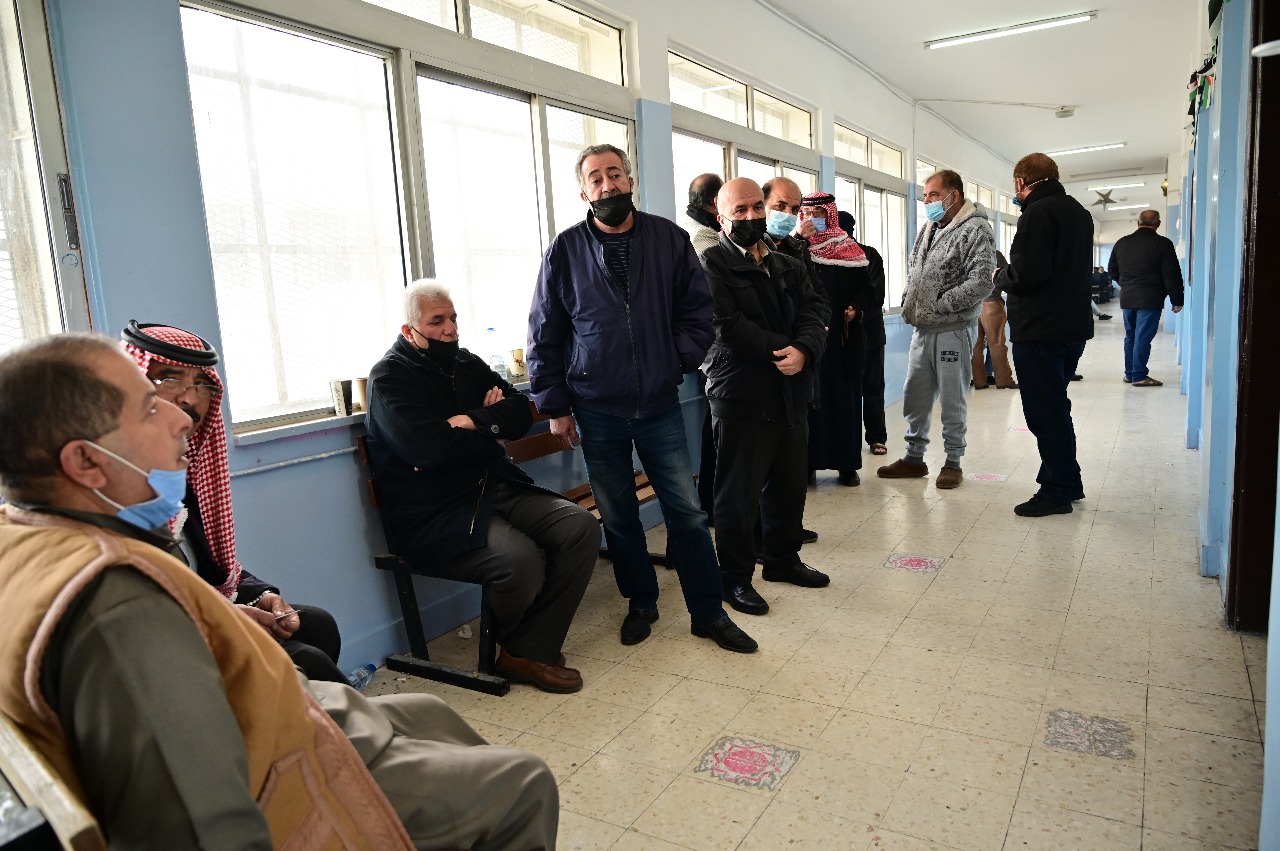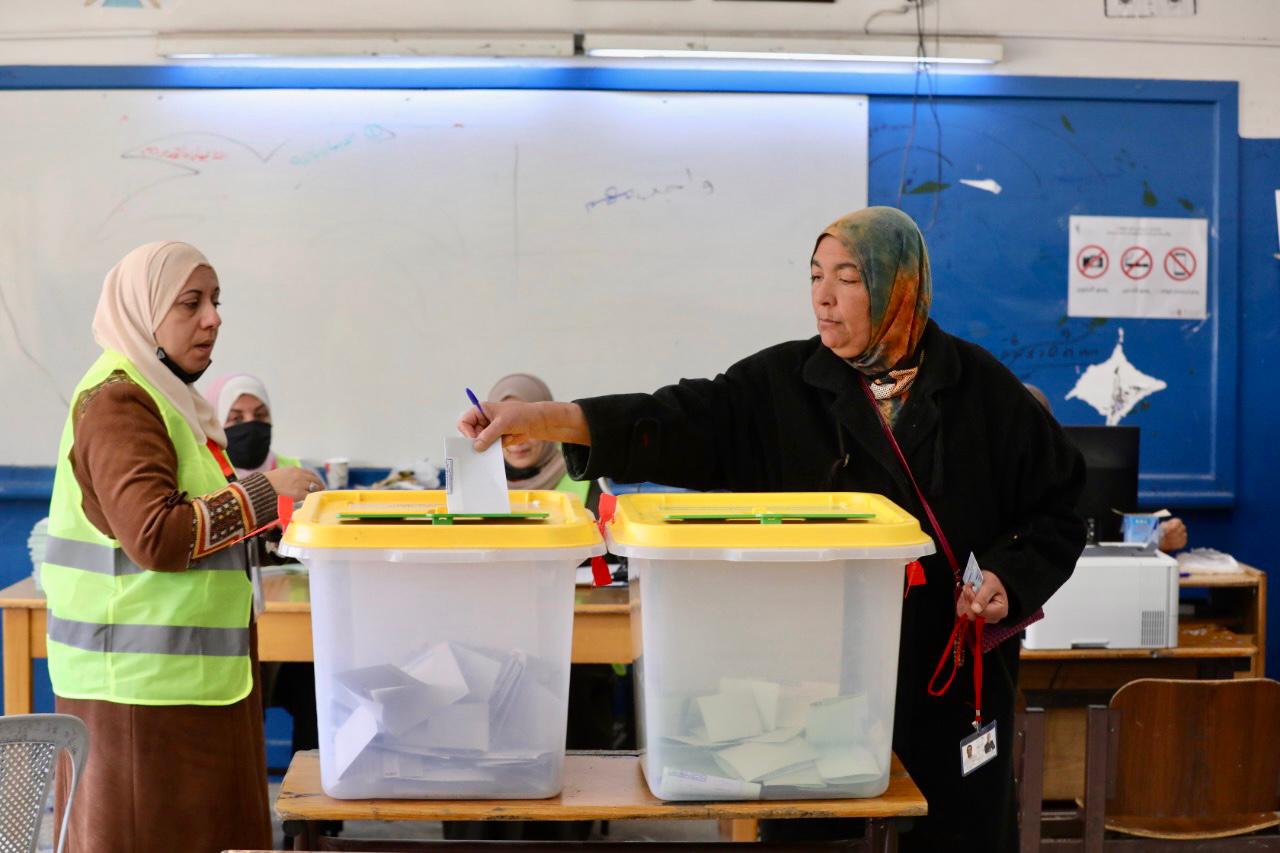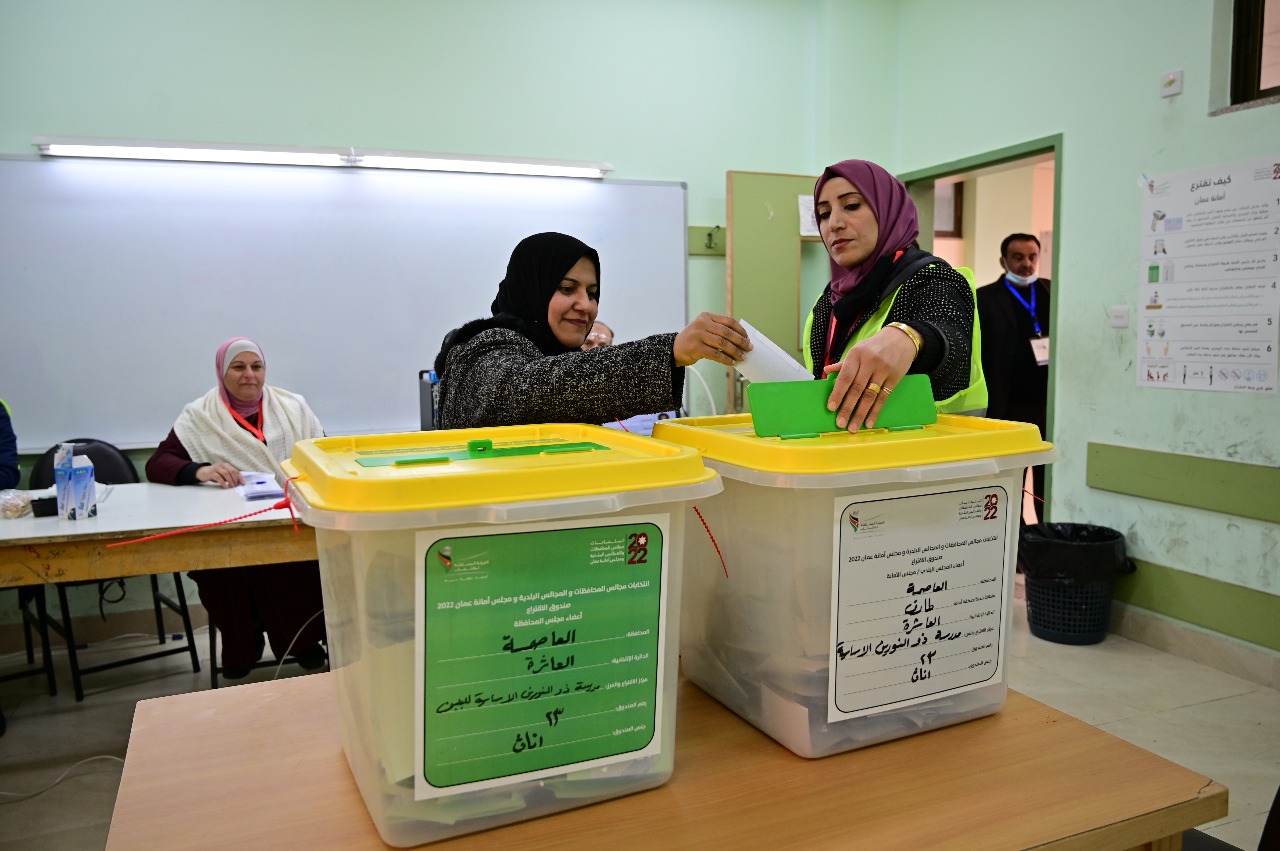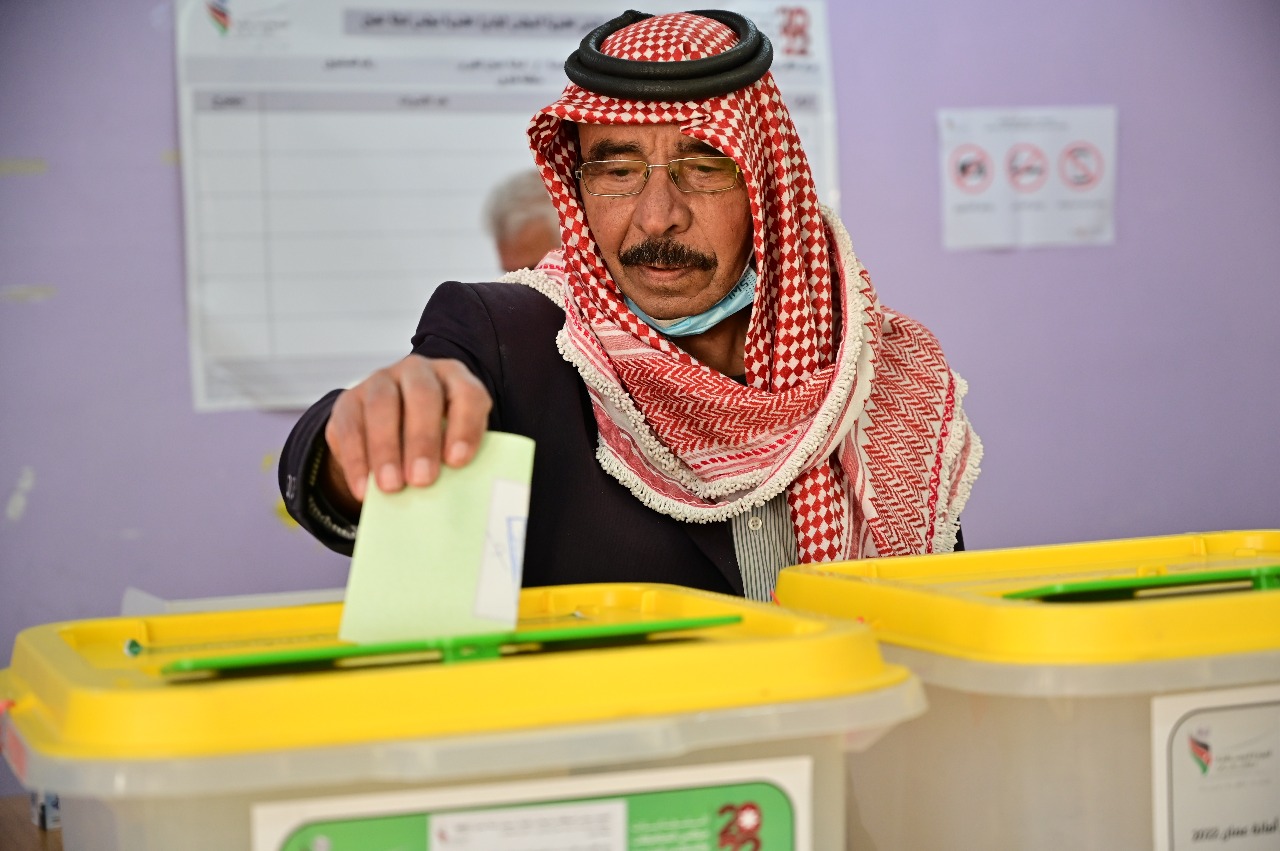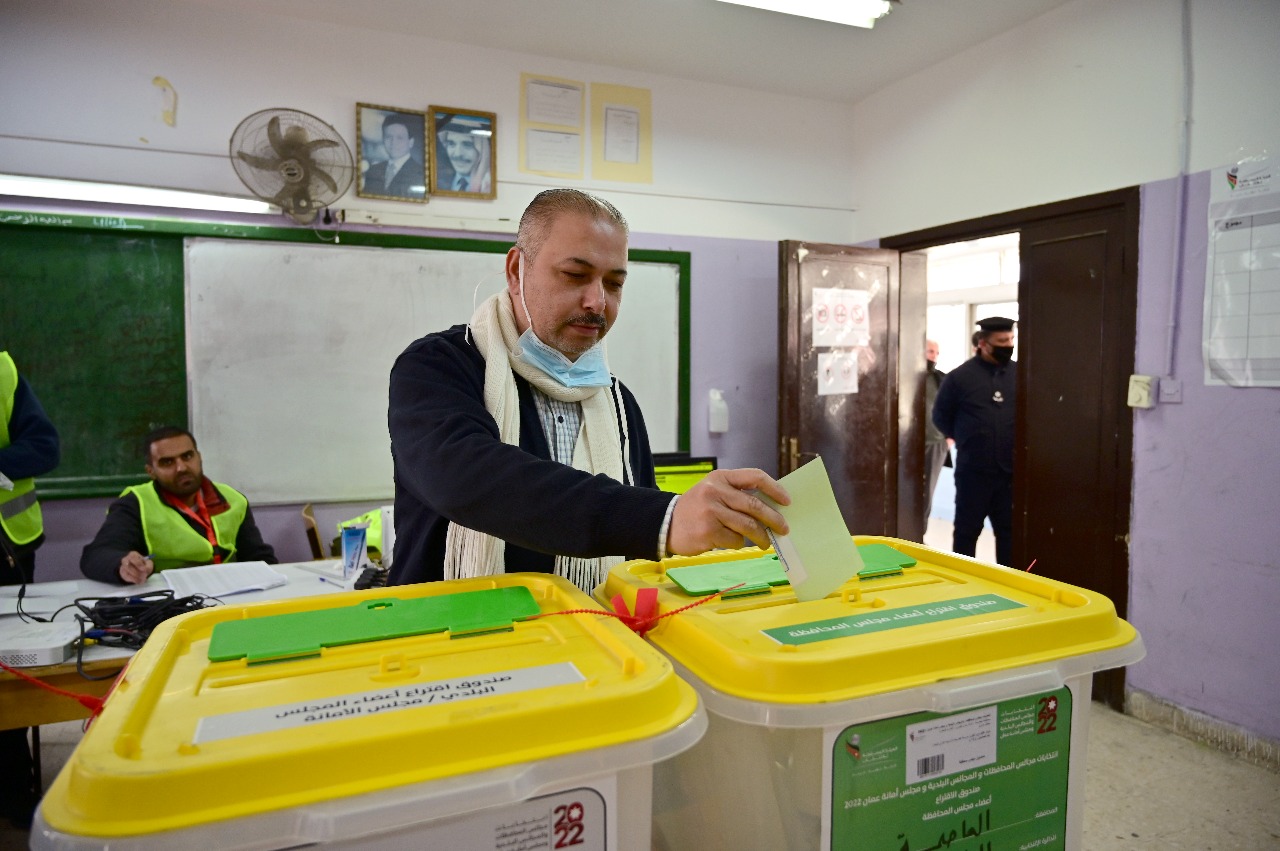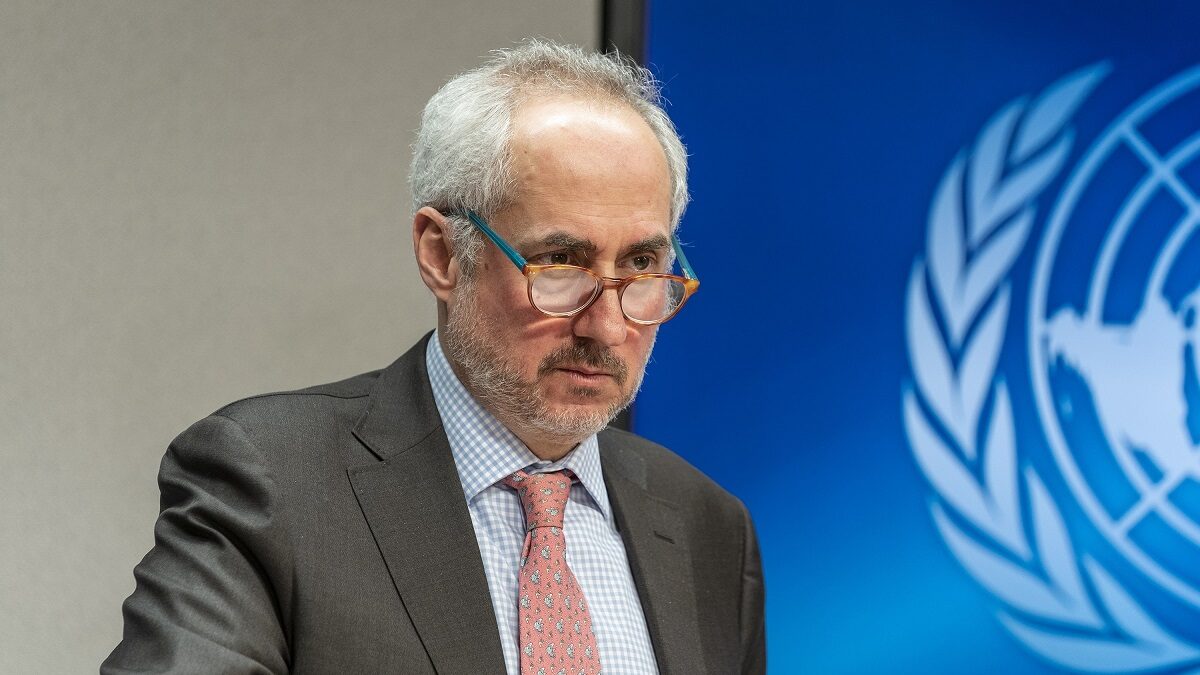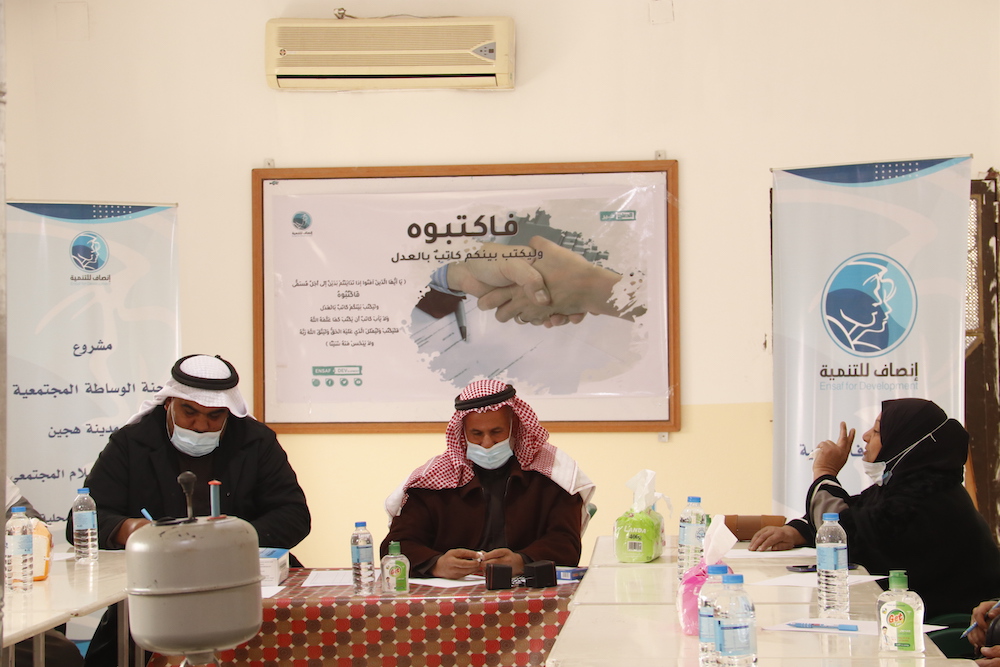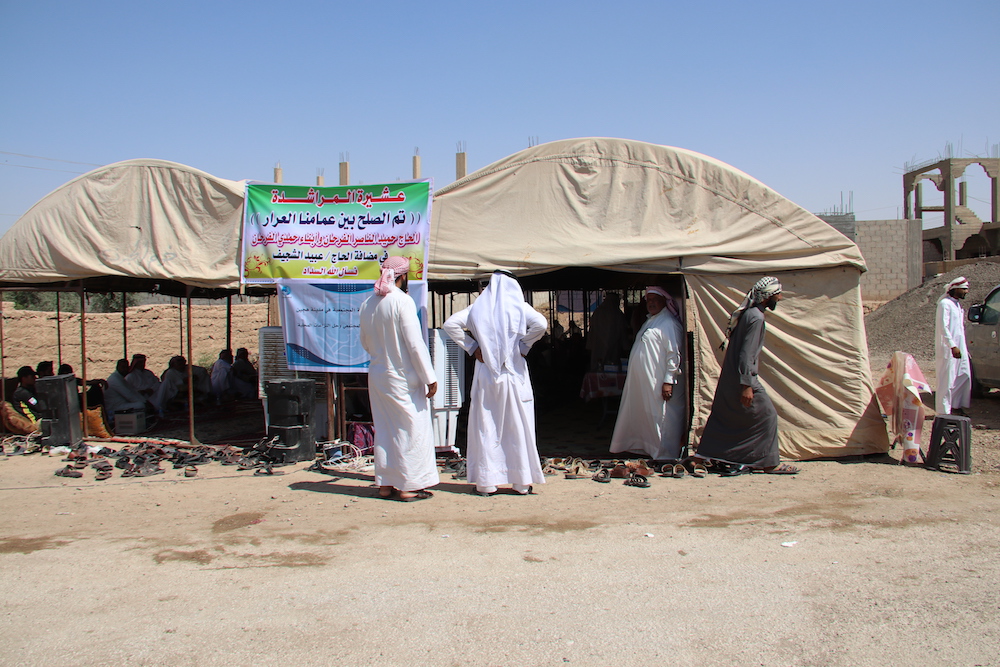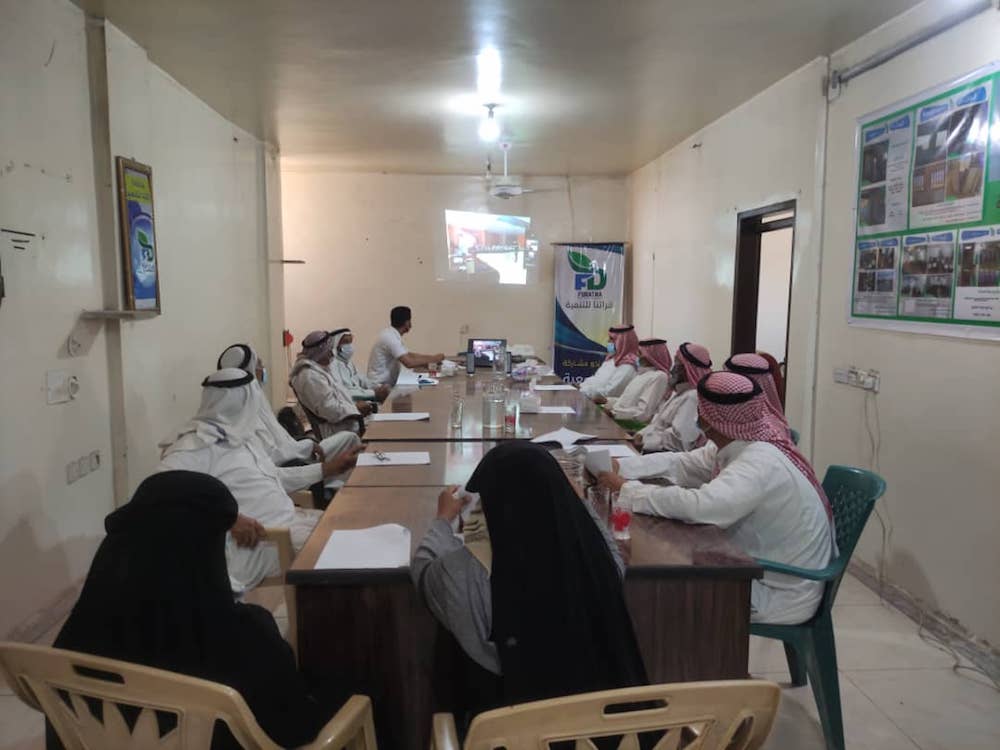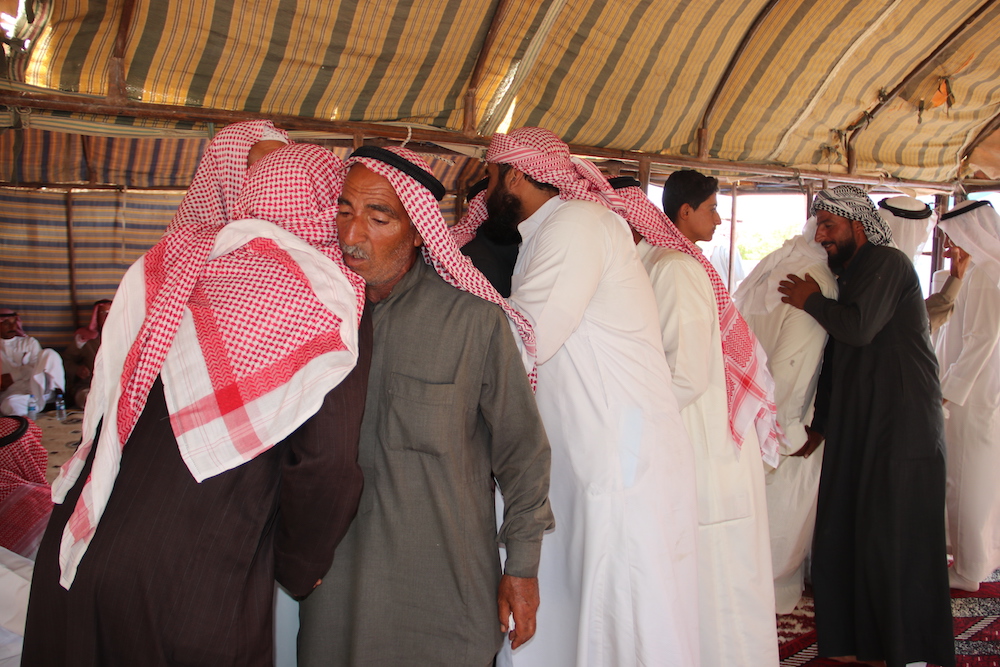Social media calls by Lebanese citizens for prosecution of central bank governor
DUBAI: Growing numbers of people in Lebanon are taking to social media to call on the country’s judiciary to prosecute Riad Salameh, the governor of the country’s central bank, over his alleged involvement in financial irregularities and corruption.
The hashtag “Sa’at Al-Haqeeqa Riad Salameh,” which translates as “Moment of Truth for Riad Salameh,” began trending on Twitter, as hundreds of users called for him to be dismissed from his position, arrested and impeached. They demanded that he be punished for allegedly dispersing public funds and covering up for corrupt politicians involved in the misappropriation of depositors’ funds and life savings.
Salameh denies the allegations of wrongdoing. He recently told Reuters: “I ordered an audit and it was proven that public money was not the source of my wealth.”
Twitter users also urged the judiciary expand its efforts to investigate the criminal and financial activities that led to the current financial crisis in Lebanon, as a first step toward holding the politicians and others who are responsible or it to account.
One Twitter user posted a photo of Salameh dancing during a Brazilian carnival and commented with just one word: “Wanted.”
Someone else posted a message that asked the question: “What are you afraid of and who is behind you?”
Another read: “It’s a shame how you all are protecting each other and neglecting people’s basic rights. What kind of a country are you planning for?”
Many others social media users posted or retweeted photos of Salameh and asked him to provide information required for criminal investigations.
“Almost every single depositor who has lost his or her life savings and deposits wants Salameh behind bars,” said an activist and pro-bono lawyer who spoke to Arab News on condition of anonymity.
“Set political affiliations or pressures aside; Salameh is involved and should be held accountable in his capacity as central bank governor. He should be questioned and it is up to the judiciary to decide whether or not he’s corrupt or guilty.”
On Monday, Mount Lebanon’s attorney general, Judge Ghada Aoun, charged Salameh with illicit enrichment. He was charged in absentia after he failed to attend the hearing.
Judge Aoun had ordered the arrest of Salameh’s brother, Raja Salameh, on Friday in connection with the same case. Raja’s lawyer said any allegations of illicit enrichment and money laundering were unfounded, describing them as “media speculation without any evidence.”
Meanwhile, a strike in Lebanon’s banking sector that began on Monday continued on Tuesday in protest against judicial decisions issued against several leading banks. They condemned the rulings as arbitrary and noted that some lawsuits filed by groups of activists defending depositors are related to their requests to recover US dollar funds that have been withheld by the banks since 2019.
The Lebanese Banks’ Association announced that the financial institutions would be open again on Wednesday.

Lebanon’s Salameh to sue Bloomberg after US denies talk of sanctioning himLebanese judge charges central bank governor with illicit enrichment
